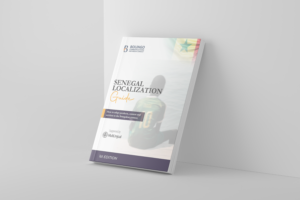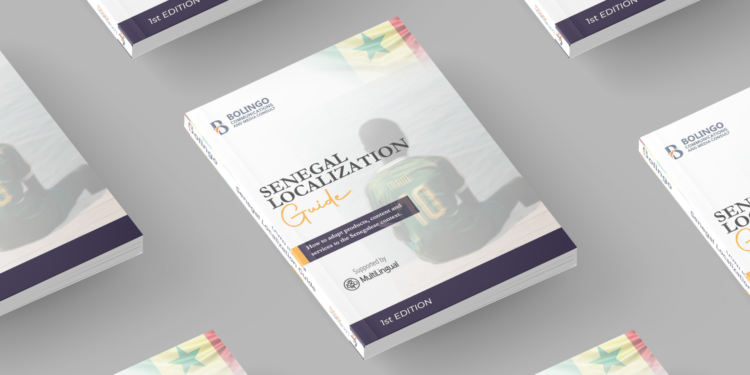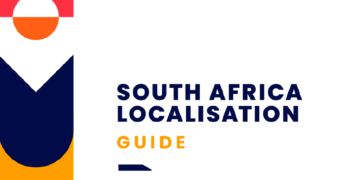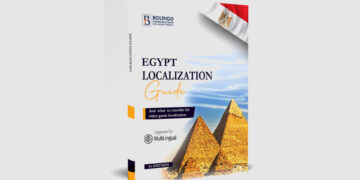As the westernmost country of mainland Africa, Senegal shows undeniable promise as faras business development goes.
The capital city of Dakar, also known as “Ndakaaru” in Wolof, is a peninsula bordered by the Atlantic Ocean. With a particularly advantageous geographical location at the crossroads between Europe, the Americas, and the rest of
the continent, the Port Autonome de Dakar is the 3rd most important port in West Africa. The country shares land borders with Mauritania, Mali, Guinea, Guinea-Bissau, and the Gambia.
As of January 2022, the population of Senegal is estimated at 17.5 million. However, there are disparities in population density across the territory. Due to the large number of businesses, cultural institutions, social services and infrastructure which are mostly located in the capital, Dakar is home to nearly 25% of the population. This makes Dakar the most densely populated region of the country. Starting 2013, the Plan Sénégal Emergent furthered the efforts put in to fill the gaps in development from one region to another through Axis 3.3.5 dealing with land management and territorial development.
In keeping with the objective of addressing the isolation of areas remote from the capital, a number of government offices have been relocated to Diamniadio, in the department of Rufisque. The national airport has been moved to Diamniadio as well and renamed the Blaise Diagne International Airport. In addition to these changes, a series of transport facilities were developed to facilitate access to the increasingly dynamic inner suburbs. For example, the Train Express Regional (TER) inaugurated in December 2021 helps smoothen the commute for the large number of Senegalese people who live in the outskirts of Dakar, yet still contribute their workforce in the capital city.

Aside from Dakar, home of the Dak’Art Biennale, the vibrant cultural scene of Senegal can be celebrated in Saint-Louis, where the Saint-Louis International Jazz Festival and the Festi’waal takes place each year, Goree Island with the Gorée Diaspora Festival, or even in Casamance, where the Abéné Festival gathers crowds around artists of all trades.
Senegal is also the homeland of many world-renowned artists. From acclaimed musicians such as Youssou n’dour, Baaba Maal, and Ismael Lô —the three of whom combined have won over a dozen international awards, to intellectuals such as Cheikh Anta Diop, Leopold Sédar Senghor (who penned the country’s national anthem) and Ahmadou Bamba, not to forget the ‘Father of African cinema’ Ousmane Sembène.










